In order to do justice to the growing importance of Open Science, a movement towards more transparency and openness in the scientific process, the GFZ Department “Geoinformation” organised the first Open Science Day at the GFZ on 3 March 2025. In lectures, workshops and a panel discussion, practical aspects of open science and new ways of evaluating science at the GFZ and in the geosciences were reported on and discussed.
Background: Open Science
The advance of digitalisation is opening up completely new possibilities for scientific work. This is giving rise to a growing interest in scientific practices that are summarised under the term “open science”. The aim is to make the samples, data, software, publications and teaching materials created in the course of the research process as freely accessible as possible. This should make research more transparent, comprehensible, reproducible and visible. Open science practices include, for example, publishing scientific results in so-called open access journals, i.e. the possibility of reading scientific articles without licence hurdles. Other topics include granting open access to research data, models, algorithms and other research results in accordance with the FAIR principles (findable, accessible, interoperable and reusable), but also opening up science to other areas of society, for example by strengthening the exchange with politics or through “citizen science”. The aim is also to strengthen public trust in science (see Open Science Policy of the EU).
All of this directly promotes the global exchange of scientific results and opens up new forms of scientific collaboration. But it also enables digital innovations with unique scientific, social and economic potential.
The Open Science Day at the GFZ
In her welcoming address GFZ'sScientific Executive Director Prof. Dr Susanne Buiteremphasized the important role of Open Science, especially for the earth and environmental sciences. The morning continued with insightful presentations on key Open Science topics.
Luise Ott, head of the Library of the Science Park Albert Einstein, kicked off the event by presenting the main features of an open access strategy for the GFZ. She began by presenting the open access rate of GFZ’s scientific publications to date (84.4% for the publication year 2022) and used five fields of action to show how the 100% open access rate targeted in the Helmholtz Centers' voluntary commitment could be achieved.
Marcel Meistring, the interim head of section 5.1 “Data and Information Management”, then presented – based on a presentation by Melanie Lorenz – the Specialised Information Service for Geosciences (FID Geo) which is operated by Section 5.1 and the Göttingen State and University Library. This not only offers the geoscientific research community in Germany extensive networking and consulting services, but also important infrastructure for the open publication of research data and texts, e.g. with “GFZ Data Services” and “GEO-LEOe-docs”.
In the third keynote speech, Dr Mathijs Vleugel, head of the Helmholtz Open Science Office, shed light on the topic of research assessment. He presented various initiatives that aim to counteract the overvaluation of citation-based metrics with alternative assessment methods for evaluating scientific quality.
Prof. Dr Wolfgang zu Castell, Director of Department 5 and spokesperson of the Working Group Open Science of the Helmholtz Association, addressed questions about the security of action in the context of Open Science. Due to the current tense geopolitical situation, the open sharing of research results is repeatedly being questioned in favor of safeguarding security interests. Since the concerns of Open Science correspond to the consistent implementation of the principles of good scientific practice, the basic concerns of Open Science must not be sacrificed for the sake of other interests. As an example of how to deal with such tensions, he reported on the Helmholtz Association's dialogue with the Chinese Academy of Science (CAS).
The day concluded with an inspiring talk by Deborah Schmidt (Max Delbrück Center and Helmholtz Imaging) who introduced the diverse activities and support services of the Helmholtz Imaging platform, another platform of the Helmholtz Information & Data Science Framework alongside HMC. This presentation also provided an ideal bridge to the opening ceremony of the Best Scientific Image competition exhibition, which can be viewed in the library of the Science Park on Telegrafenberg until April 14.
Further information and interesting resources:
- Support pages GFZ data Services
- Open Access Publishing at the GFZ
- Intranet pages on Open Science @GFZ
- FERN.Lab Cookiecutter: Interested in getting started with sustainable software development? Have a look at the FERN.Lab Cookiecutter repository templates, which enable FAIR and Open Science by supporting e.g. clean coding, automated documentation and CI/CD pipeline integration as well as publication preparation through integrated connection to e.g. pypi and zenodo.
Join our hands-on Cookiecutter workshop at the GFZ on 01.04. or 10.04.! Please register here: https://nuudel.digitalcourage.de/DiNvbhvRbB5xrYKn


![[Translate to English:] A painted, open book from which various contents fly up, with the words “Open Science Day 2025” above it](/fileadmin/_processed_/e/e/csm_20250325_Open-Science-Say-2025_-c-pengzphoto-adobe_e4e8cb37fc.jpeg)




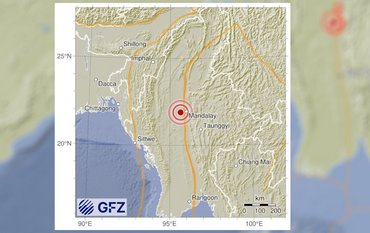
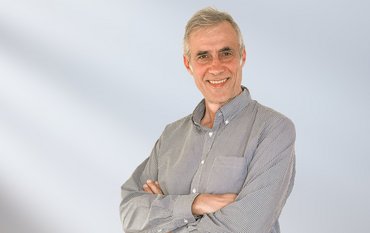
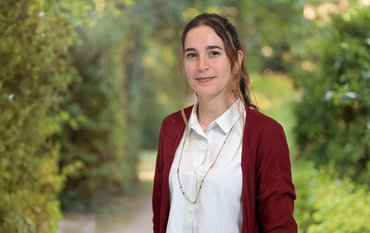
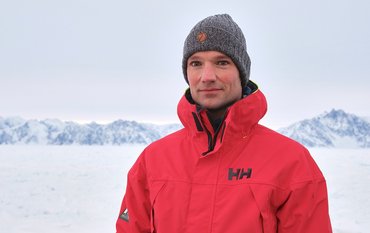
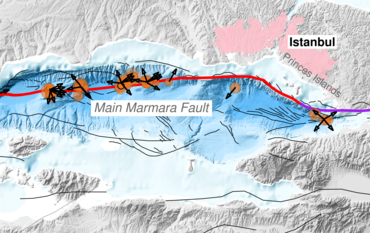

![[Translate to English:] Portrait von Philipp Weis](/fileadmin/_processed_/9/8/csm_Weis-Phillip_-c-Michael-Bahlo_d7f6b4f946.jpeg)


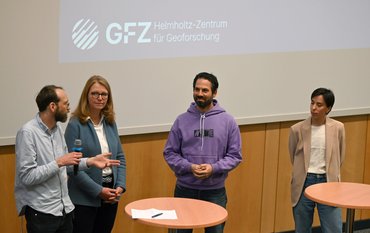
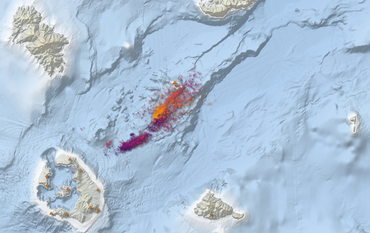
![[Translate to English:] Portrait Prof. Warner Marzocchi](/fileadmin/user_upload/Warner_Marzocchi.jpg)
![[Translate to English:] [Translate to English:] Portrait Johann Komusiewicz](/fileadmin/_processed_/0/4/csm_Johann_Komusiewicz_schwarzer_Rahmen_b9c0619756.png)


![[Translate to English:] Fire in a forest, smoke rising, aerial view from above](/fileadmin/_processed_/8/3/csm_2025_01_06_AdobeStock_415831729_5a0e6d50d3.jpeg)
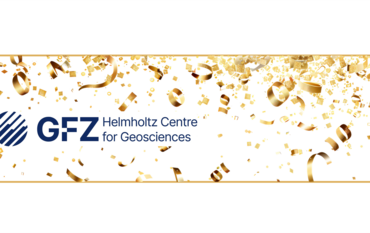
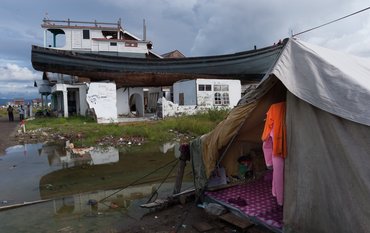






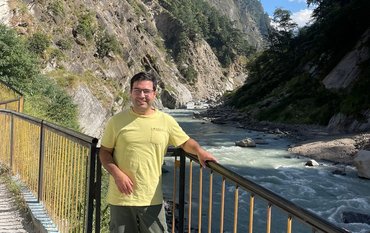
![[Translate to English:] [Translate to English:] Abror Gafurov von dem Schriftzug "Welcome to Azerbaijan" und den UN und COP Logos](/fileadmin/_processed_/2/5/csm_2024_11_Baku_COP29_Abror_Gafurov_1042faec82.jpeg)


![[Translate to English:] Martin Herold standing in front of the library on the Telegrafenberg](/fileadmin/_processed_/c/d/csm_Martin_Herold_d385ee4dd9.jpeg)
![[Translate to English:] Many people are listening to a presentation in the GFZ lecture hall.](/fileadmin/_processed_/c/a/csm_1_Bild1_hell_b9c0e9f5ed.jpeg)